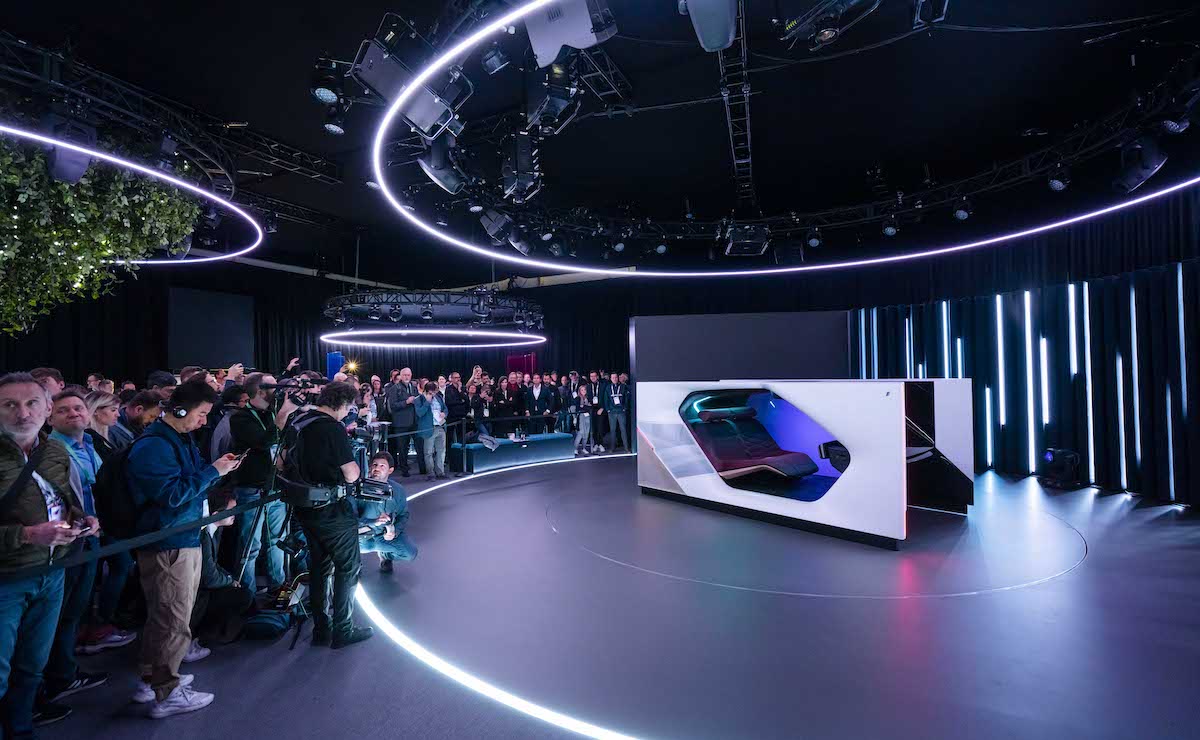Just a few weeks ago, the Japan Automobile Manufacturers Association (JAMA) announced the renaming of the 68-year-old Tokyo Motor Show to the Japan All-Industry Show starting next year. It is the first renowned international auto show that has made a subversive decision to rename itself. How come the JAMA, the organizer of the auto show, is changing the name of its own exhibition to something that has nothing to do with automobiles!? However, exactly like JAMA Chairman and the President of Toyota Motor Corporation Akio Toyoda said, it is important to go beyond the mobility industry to involve various sectors, including startups, and expand the exhibition to encompass the mobile service ecosystem for the much-needed collaboration to achieve carbon neutrality. Such an open-minded vision is believed to endow the Japan All-Industry Show with more substance, so that traditional car manufacturers and the technology industry not only showcase products to the general public but also explore more possibilities for cross-industry partnerships.

Now let's turn to the CES (Consumer Electronics Show) in the United States. As the name suggests, the show features consumer electronics products. It has somehow become the most important "new automotive technology exhibition" worldwide in the past two years, when the COVID-19 pandemic has caused the cancellation of many car shows and new automotive technology has taken off. Since the point is new technology, no doubt, it is not a good idea for traditional car manufacturers to participate if they have no special technology to show. As a result, the number of car manufacturers participating in the CES does not exceed ten no matter how we do the math. So, does that mean it will be difficult for car manufacturers to showcase new models at car shows in the future? Now that the Tokyo Motor Show has been officially renamed and transformed, other major international auto shows are bound to adjust their pace and start anew. In the meantime, traditional car manufacturers need to be prepared for auto shows more than anything else
- It is the "future", not the present, that is on display at auto show booths, whether it is a recent facelift, a mid-term model change, or a brand-new model, or even a concept car or a new technology that looks further ahead. But the problem is, almost all the major auto brands will be launching electric vehicles developed by exclusive platforms in two or three years, so how is a carmaker going to bring any "future" vehicle to any auto show if it still doesn't have concrete plans and timetables for electric (or new energy) vehicles? I think brands limited to ICE vehicles will be dwarfed at future auto shows because they fail to achieve the purpose of showcasing "novel" products.
- Static car exhibitions can hardly satisfy the young generation of visitors. Virtual reality, technology shows, and keynote speeches where the speaker interacts with the audience are the way to go. On the other hand, auto brands that exhibit new models should forget about pop quizzes and giveaways, as well as catwalk showgirls stealing the show. These are outdated and meaningless ways of showcasing a car.
- Auto booths and technology booths should not be set up in distinctly separate areas. Instead, the organizer should plan and reserve space for interaction, and even hold open seminars during fixed time slots for all visitors to observe and engage, so that the exhibition is both B2C and B2B, just like the spirit of the Japan All-Industry Show.